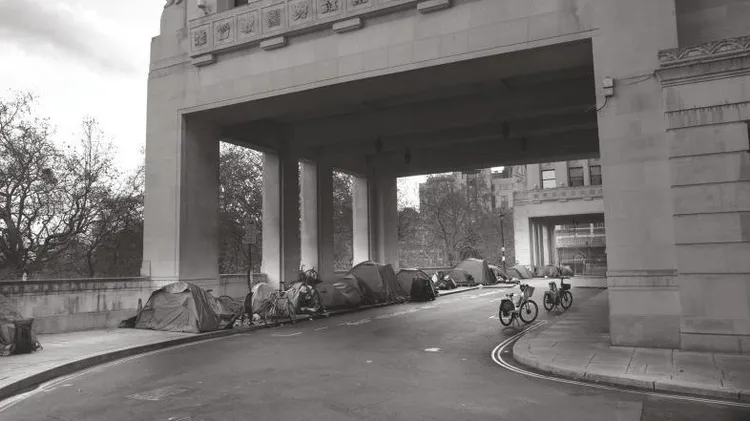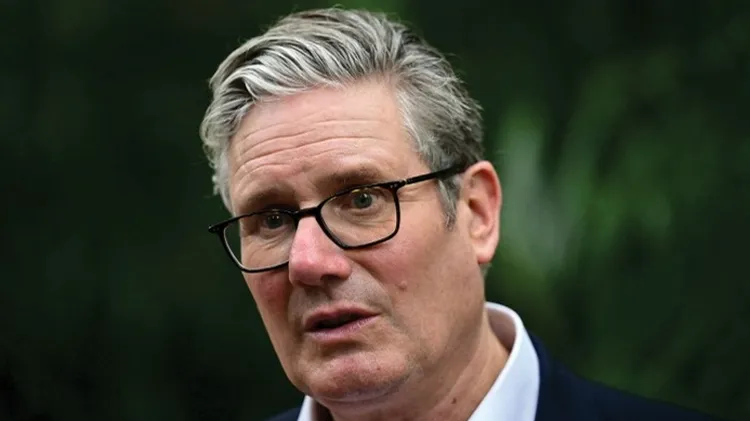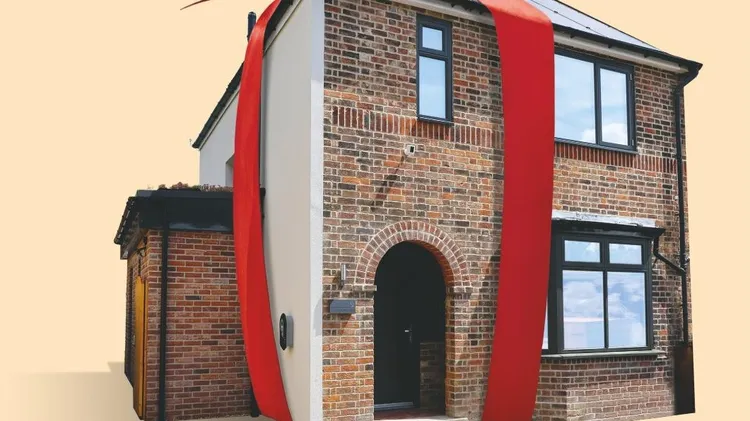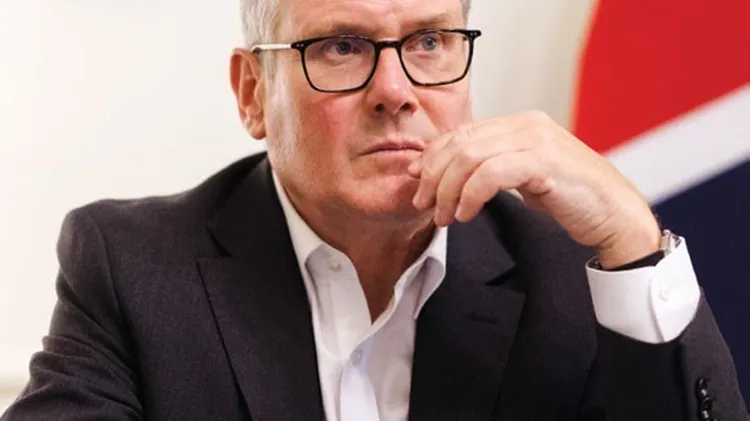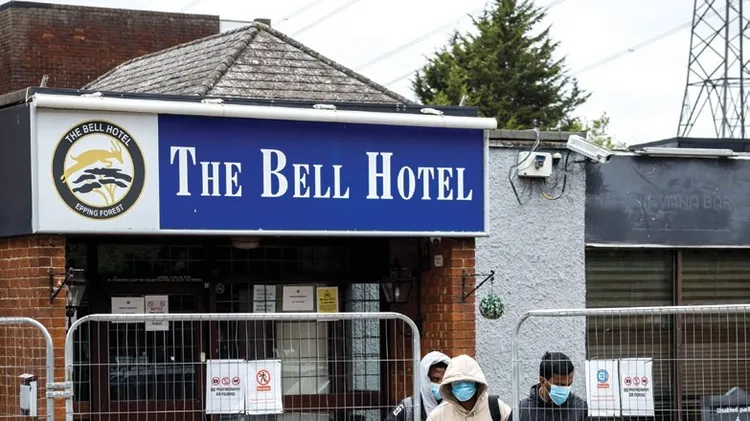The tories categorically failed to end rough sleeping – here’s four things the next government needs to do better
2 min read
This article is from...
Read this article and 8000+ more magazines and newspapers on Readly

